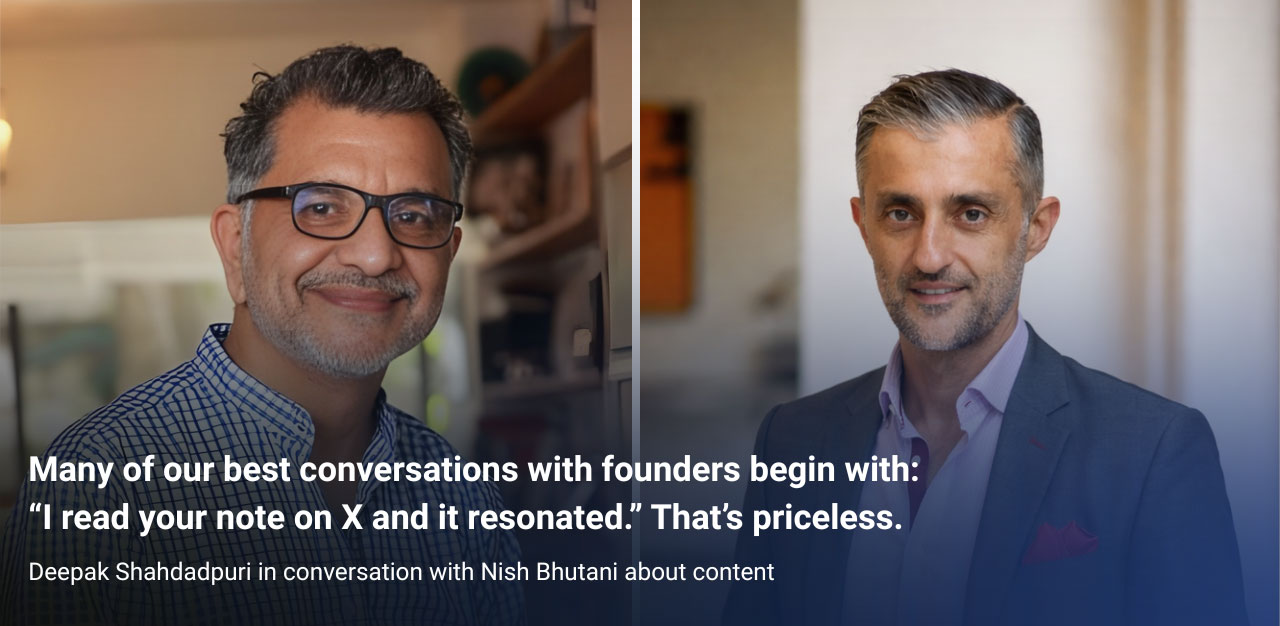Image credit: People vector created by freepik
To help you keep to your new year’s resolution of reading more and keeping your professional learning going, below are some of my favourite articles, videos and books on digital business, technology and culture from recent years. I hope they help, in some small way, in your upward trajectory in this new year of hope.
Digital Strategy
Competing in the Age of AI: Strategy and Leadership When Algorithms and Networks Run the World by Karim R. Lakhani and Marco Iansiti, Harvard Business School
Traditionally, scale slows down companies. Not so in the age of AI, where data is the fuel that, combined with algorithms and systems, speeds up and improves the quality of decision making. Ultimately, given enough time, data and learning, AI-enabled firms outcompete traditional ones say Lakhani and Iansiti, giving detailed examples from companies such as Ant Financial, Netflix and Amazon.
Strategic advantage in the age of AI, say the authors, is defined by harnessing, controlling and connecting data networks spanning industries, rather than by conventional industry analysis. Hence, the threat to traditional companies from digital challengers – Disney and HBO from Netflix, Ford and Toyota from Tesla, etc. The battlefield is no longer confined to industry boundaries, which is why the activities of data-driven firms like Amazon and Alibaba span so many industries.
Though the examples used lean towards larger firms, this is an important read for any business leader willing to open their minds to a broader canvas beyond their current industry, while drawing inspiration and knowledge from how the giants have put AI to use.
Driving Digital Strategy: A Guide to Reimagining Your Business by Sunil Gupta, Harvard Business School
The knee-jerk cure for a slow-moving traditional business is to create an internal digital startup that sits and acts separately, unencumbered by the dominant culture. Professor Sunil Gupta questions this conventional wisdom: “Creating an independent unit is like launching a speedboat to turn around a large ship. Often the speedboat takes off but does little to move the ship.”
Instead, in Driving Digital Strategy, he recommends changing the business from within, by creating and acting on an integrated digital and business strategy. He proposes a framework to re-evaluate the fundamental business you are in, the value chain that sustains that business, the ways in which you provide value to your customers and the culture and practices of your organization.
Gupta backs up his thesis with illustrative and inspiring case studies from traditional businesses such as Mastercard, Adobe and Eataly that drove successful digital transformations.
Lean Startup and Digital Experimentation
The Lean Startup by Eric Ries
It did not invent the concept, but it turned the concept into a movement. The bible of experimentation-led strategy and execution for startups, and for startups within larger businesses, was first published in 2011. If you have never read it, or have not read it in a while, I recommend it highly.
Phrases such as ‘MVP’, ‘iteration cycles’, ‘cohort analysis’ and ‘pivoting’ have become ingrained in the language of software and digital business. However, without reading Ries’s definitive text that first popularized these concepts, your knowledge of these terms is likely to be incomplete.
You don’t have to be a startup leader to gain practical insights from this book. Opportunities to build small-scale product or marketing experiments, and learn from results at every stage before committing more resources, are all around us. Put away those 3 year plans and lengthy powerpoints, and learn how to interweave strategy and execution based on real-world feedback.
The Surprising Power of Online Experiments by Ron Kohavi, Microsoft (now at AirBnB), and Stefan Thomke, Harvard Business School
In recent years, this is probably the article I have shared the most. Also contains the memorable phrase I have quoted the most: “Companies need to kiss a lot of frogs…to find a prince” – meaning, experimentation necessarily involves plenty of failures, so keep at it continuously and rapidly to find success.
The article makes a convincing case for embedding experimentation into the everyday process of innovation within businesses, particularly when the digital medium allows us to rapidly craft and promote customer propositions that yield immediate results in the form of data.
This wisdom is not confined to digital businesses. Virtually any business can leverage the internet to cheaply test propositions before committing valuable energy and resources.
One of the authors has since published a book on the same topic.
Digital Marketing
Marketing 4.0: Moving from Traditional to Digital by Kotler, Philip, Kartajaya, Hermawan, Setiawan, Iwan
Yes, the very same legendary Philip Kotler takes a comprehensive look at how marketing has changed in fundamental ways in the digital age. This book covers both strategy and tactics, and updates some of the classic frameworks of marketing for greater relevance in an era when customers have more choice and information sources, and can be both vocal advocates and harsh critics of brands.
A useful and comprehensive read for any marketer, but particularly for those who grew up with traditional marketing.
Decoding Decisions: The Purchase Behaviour – Think with Google
Excellent research by Google UK that abandons the traditional marketing funnel for a more realistic “messy middle” framework that acknowledges digitally-enabled customer-journeys do not follow a neat and orderly path.
The report summarises propositions and tactics that are most important in driving consumers to purchase. These won’t be entirely new to experienced marketers, but are a useful reminder and summary.
What is more interesting are Google’s online experiments, where they “supercharge” fictional brands with propositions and tactics such as free trial, social proof, and authority bias, and measure the extent to which consumers are willing to switch from the leading brand in various categories. You will be surprised, and perhaps reassured, at how effective good marketing can be!
Artificial Intelligence
AI, Deep Learning, and Machine Learning: A Primer by Frank Chen, Andreesen Horowitz
Even if a few years old, this may still be the best primer to understand the basics of AI, including how AI works, the history of how AI has evolved over the decades, and applications where AI is being put to use.
Following on from the popularity of this primer, Frank Chen set up this resource for newcomers to AI – the A16Z AI Playbook. In general, Andreesen Horowitz’s blog contains a wealth of information and viewpoints on AI, including an update on AI in 2020.
The Step-By-Step PM Guide to Building Machine Learning Based Products by Yael Gavish
This series of articles is aimed at business and product management folks who want to get deeper – but not to the point of incomprehensibility – into how AI works.
Life 3.0: Being Human in the Age of Artificial Intelligence by Max Tegmark
Curious about the business, socio-economic and ethical effects and dilemmas surrounding AI? This is a terrific book by an MIT professor that provides some reassurance that AI researchers are not just moving the technology conversation forward, but also the societal one.
Culture
Teaming: How Organizations Learn, Innovate, and Compete in the Knowledge Economy by Amy Edmondson, Harvard Business School
The modern innovation-driven economy rewards those companies where all voices are heard without fear, self-consciousness or hierarchy intervening, according to Professor Amy Edmondson. The book addresses how companies and managers can create an honest, fearless and open environment where people bring their real selves to work, rather than putting on an act to impress upper management.
Partly inspired by Professor Edmondson’s book, this well researched and articulated article is a fascinating insight into how data-driven Google uncovered the secrets of success for teams within the company. Hint: individual talent is not the key… What Google Learned From Its Quest to Build the Perfect Team by Charles Duhigg, New York Times
Data-driven Google is at it again, as it discovers what makes for a successful manager, and how managers can get the feedback they need to be successful, in this Harvard Business School case study: Google’s Project Oxygen: Do Managers Matter?




